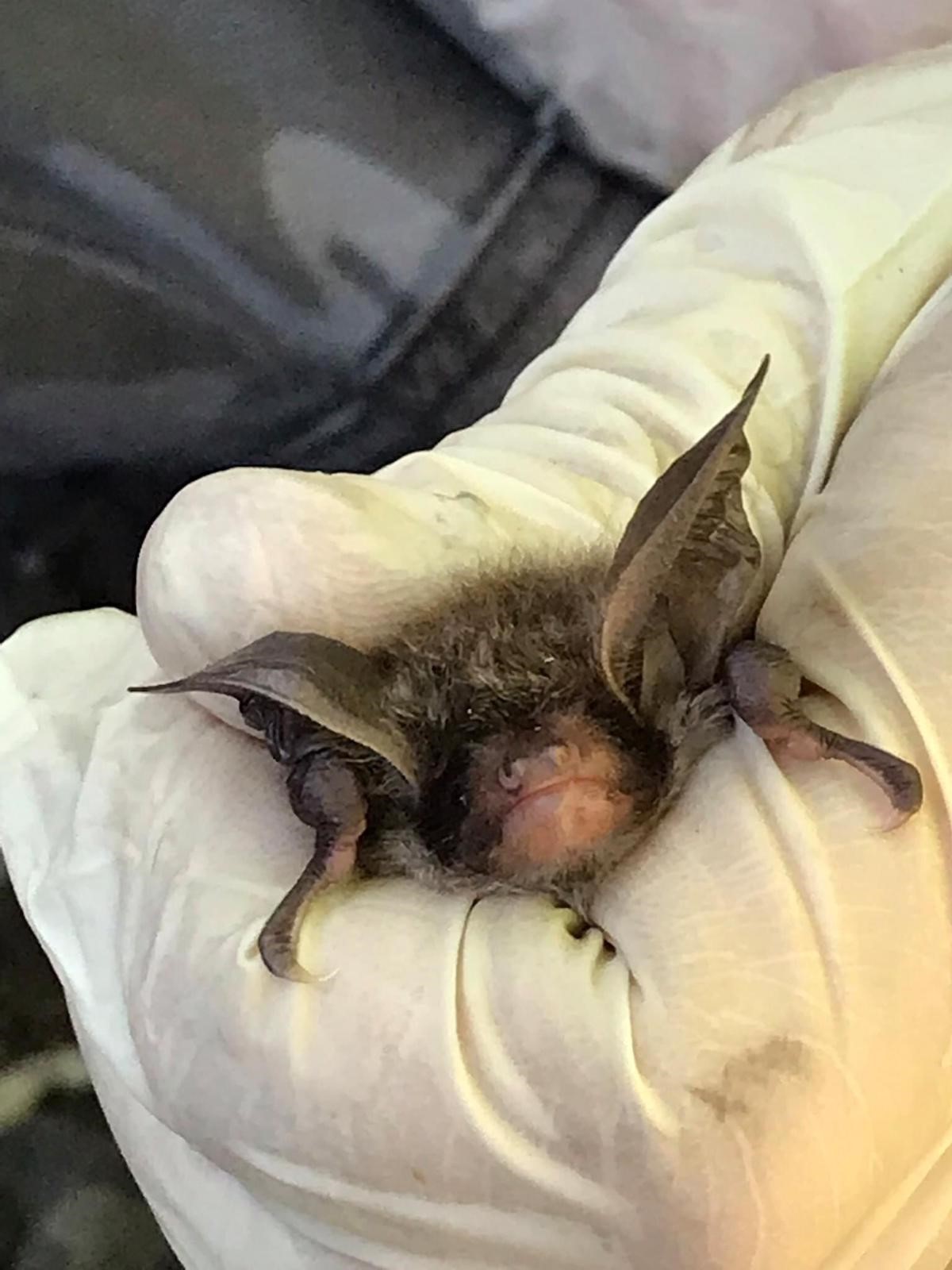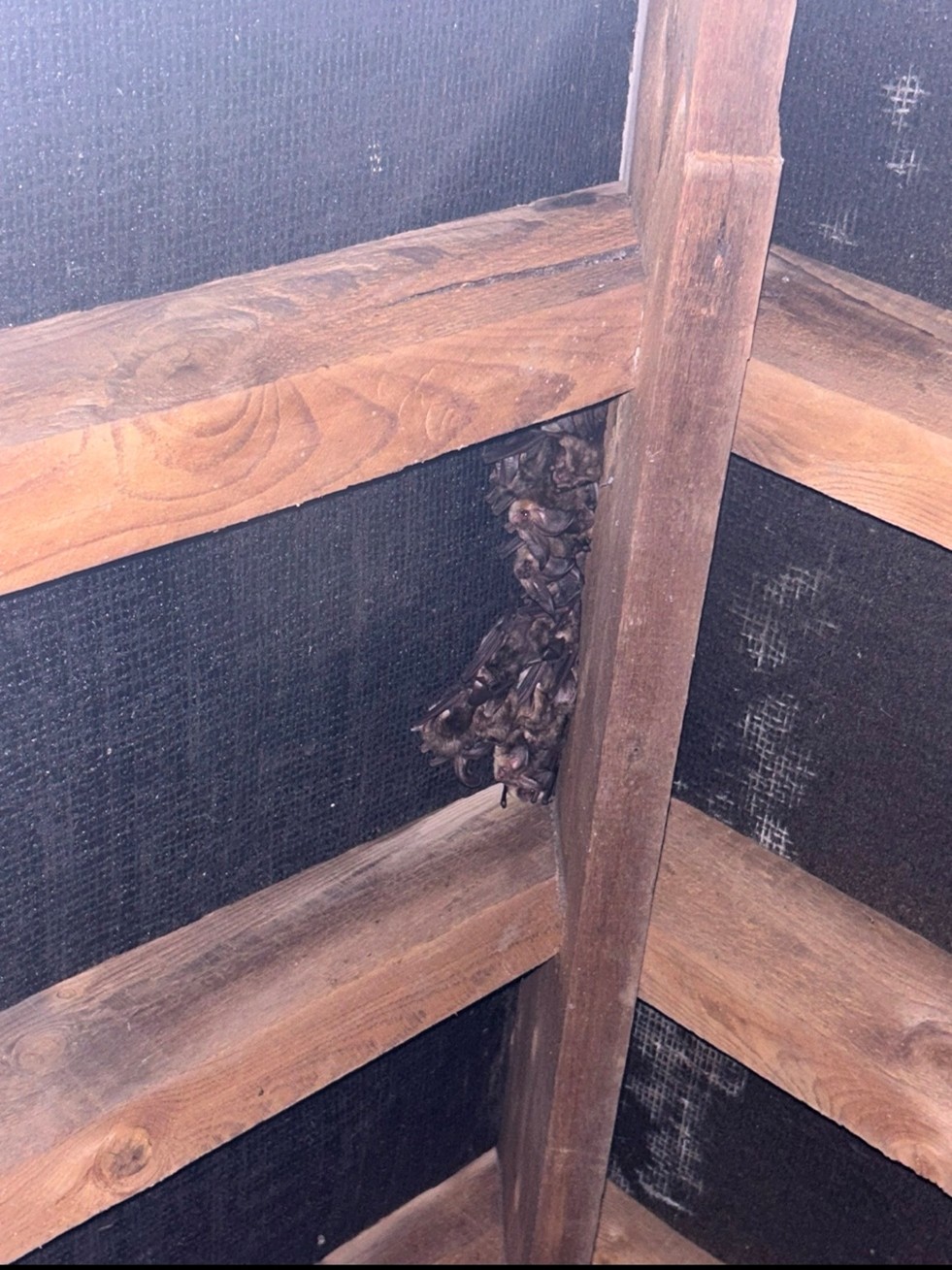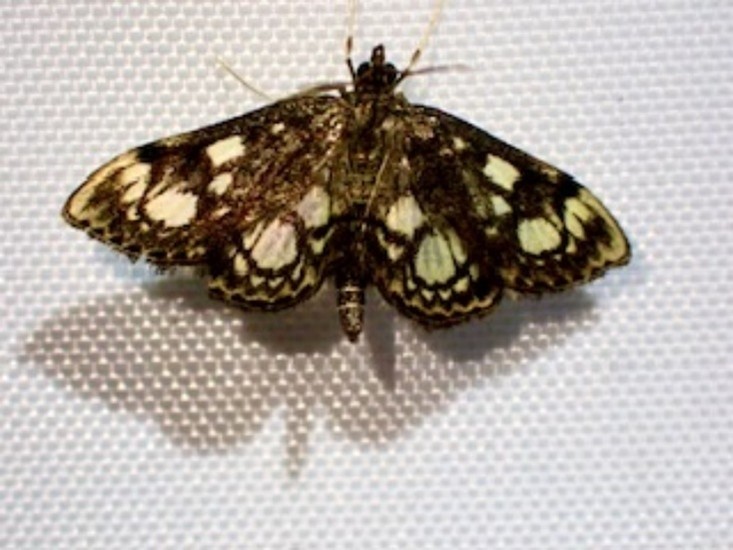Manchester City Centre Bat Survey
17-07-2017
Last updated 28-02-2025
 We are at the height of the ecological surveying season and our ecology consultants were out in Manchester City Centre last week surveying buildings for bats. Not long after the sun set over Central Manchester, pipistrelle bats were observed foraging above nearby vegetation, eating insects. Bats use sophisticated echo location techniques to navigate their way through the dusky urban environment and to hunt for food. Heterodyne bat detectors and sound recorders were used during the survey. Pipistrelle bats are adaptable and they can be found anywhere from upland areas to big cities. These city centre bats had clearly adapted to the busy road and railway network in Manchester. Pipistrelle bats are small, with a body mass of 3.5 grams to 8.5 grams. The fur of the bats are almost black. Typically a wingspan varies between 180mm to 250mm and the length of forearm is between 28mm to 35mm. All species of bats are protected in the UK. Bats utilise a variety of places for roosting, breeding and hibernating and developers (and anyone else disturbing potential bat habitat) need to be aware of the possible presence of bats on their land and the implications for development. Phlorum can provide advice and carry out a range of bat surveys including preliminary roost assessments, dusk emergence surveys and pre-dawn re-entry surveys. The team can also prepare European Protected Species Mitigation (EPSM) licence applications. If you require an ecology or bat survey in Lancashire, Cheshire or the North West, please contact the Manchester office on 0808 168 9540 or email [email protected].
We are at the height of the ecological surveying season and our ecology consultants were out in Manchester City Centre last week surveying buildings for bats. Not long after the sun set over Central Manchester, pipistrelle bats were observed foraging above nearby vegetation, eating insects. Bats use sophisticated echo location techniques to navigate their way through the dusky urban environment and to hunt for food. Heterodyne bat detectors and sound recorders were used during the survey. Pipistrelle bats are adaptable and they can be found anywhere from upland areas to big cities. These city centre bats had clearly adapted to the busy road and railway network in Manchester. Pipistrelle bats are small, with a body mass of 3.5 grams to 8.5 grams. The fur of the bats are almost black. Typically a wingspan varies between 180mm to 250mm and the length of forearm is between 28mm to 35mm. All species of bats are protected in the UK. Bats utilise a variety of places for roosting, breeding and hibernating and developers (and anyone else disturbing potential bat habitat) need to be aware of the possible presence of bats on their land and the implications for development. Phlorum can provide advice and carry out a range of bat surveys including preliminary roost assessments, dusk emergence surveys and pre-dawn re-entry surveys. The team can also prepare European Protected Species Mitigation (EPSM) licence applications. If you require an ecology or bat survey in Lancashire, Cheshire or the North West, please contact the Manchester office on 0808 168 9540 or email [email protected].



